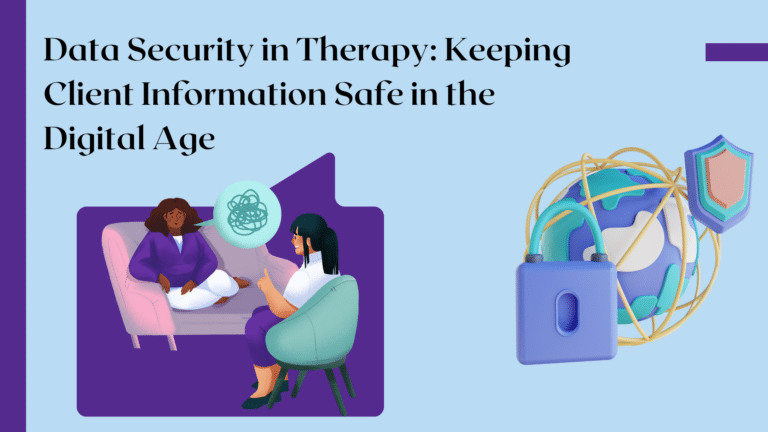
Data Security in Therapy: Keeping Client Information Safe in the Digital Age – Guest Post
Confidentiality forms the foundation of the therapist-client relationship. As mental health services increasingly embrace digital technologies, safeguarding sensitive client data has become both a legal obligation and an ethical imperative. In today’s era of escalating cyber threats, a single data breach can shatter hard-earned trust and disrupt the therapeutic process.

Recent Comments